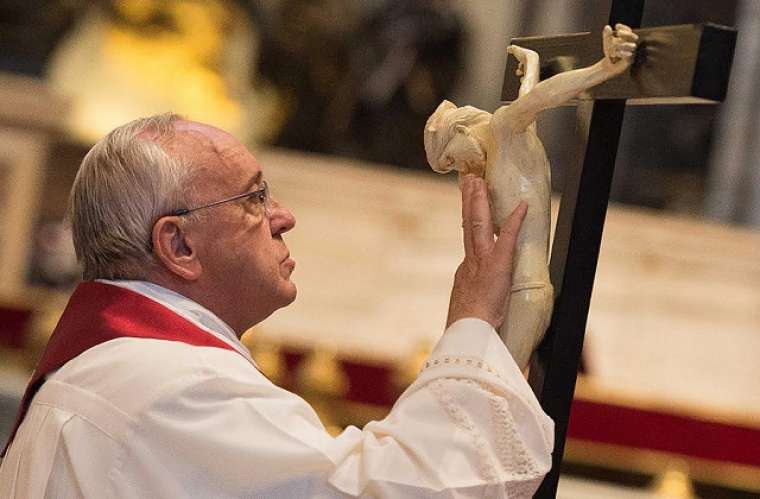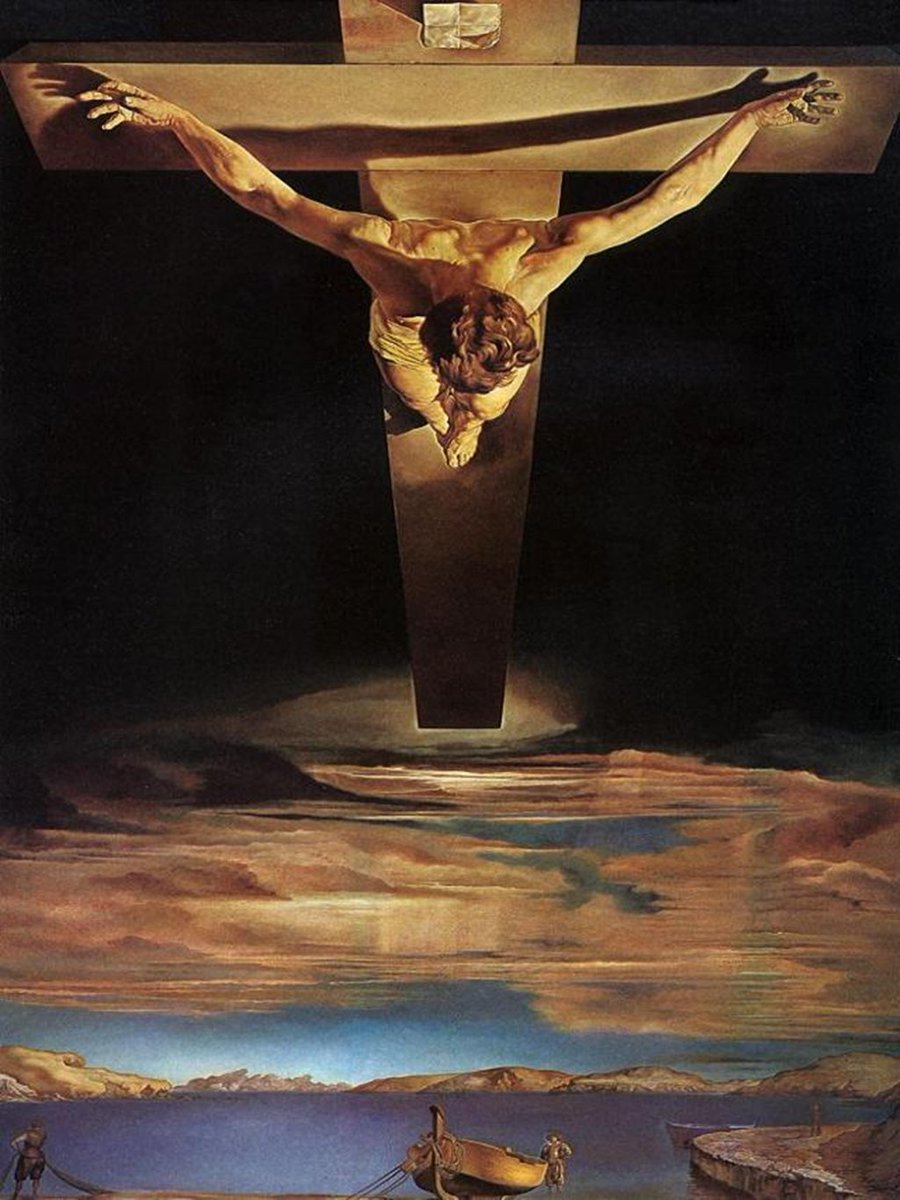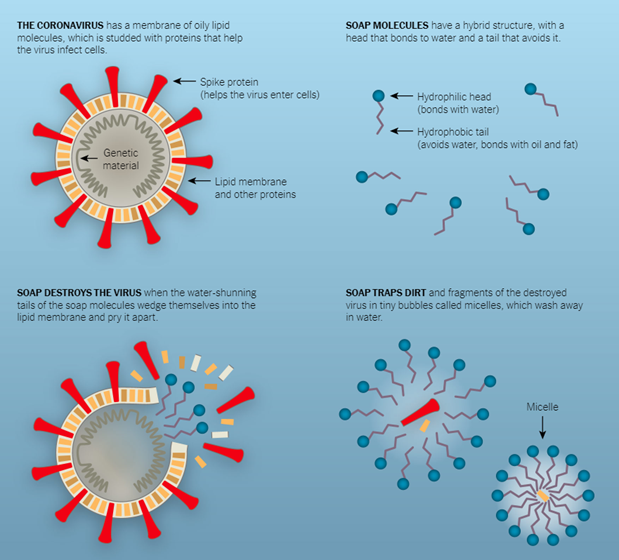The idea that Pope Francis is the voice of love in our time has grown on me the past few years. I think this is an important realization. I confess that this Pope was very confusing to me at first. When he came to be the leader of the Catholic Church, I was burying myself (in my master’s program) in the teachings of Vatican II and previous popes, especially John Paul II and Benedict. It was at that time that I asked the Lord to help me to see things from His point of view. Crying out in faith, I knew in my heart that there was something else for me to learn from this new Pope. I asked the Lord to help me learn from Pope Francis the things that He wanted me to know. I know today that the Lord wants to teach me about His love for all people.
We learn from Jesus that the disposition of our hearts matters a great deal. As I study the Gospels, I imagine Jesus saying to us, “See Me for who I am. I am LOVE.”
Can we accept this? Can we accept His love?
Let’s first look at what Jesus does in His ministry. He seeks out sinners. He eats with them. He heals them. He says, “Follow me.” It was clear throughout Jesus’ ministry that He was open and welcoming to all. There was no illness, no sinfulness, and no disposition of heart that He cast away from Himself. This is the Jesus I am coming to know. This is also the Pope I am coming to know. He is the Pastor who calls us to faith, to live in hope, and to live in love. He will cast away no one. The question is, what is my disposition toward him?
Here are some of the dispositions of heart that we see in the Gospels:
“And they watched Jesus, to see whether he would heal him on the Sabbath, so that they might accuse him” (Mark 3:2).
“The Pharisees came and began to argue with him, seeking from him a sign from heaven to test him” (Mark 8:11).
“And Pharisees came up and in order to test him asked, “Is it lawful for a man to divorce his wife?” (Mark 10:2).
All of this brings me to the news of this week about Pope Francis. The first headline I read was “Pope Francis has become the first pontiff to endorse same-sex civil unions.”
If I were to read this predisposed to accuse and to test, I might be thinking, “Here we go again!” Then I might proceed to inform myself further in order to criticize. Here are some examples:
From Crisis Magazine (source):
“Francis’s comments are a kind of diabolical inversion of Humanae Vitae.”
“At some level, it doesn’t matter. Whether the Pope is consciously or accidentally dissenting from the Church, he is dissenting from the Church. There’s no question about that.”
From Cardinal Burke (source):
“It is a source of deepest sadness and pressing pastoral concern that the private opinions regarding civil unions attributed to Pope Francis and reported with so much emphasis by the press do not correspond to the constant teaching of the Church.”
The headline from a Carl Olson article (source):
“The deeply flawed opportunism of Pope Francis”
Msgr. Charles Pope (source):
“Many Catholics are once again grieved that the Holy Father, Pope Francis, has chosen to indiscreetly express his personal views on a critical moral issue of our day.”
I point these out because I question the disposition of heart towards the Holy Father from these sources. Is their disposition one of seeking understanding? These are just a few articles, of many, from Catholic sources that I formerly respected. Today I believe that they lead me away from the Church.
We are in a very confusing time. Who am I to trust for news and analysis in these times?
I will repeat the question in the light of the words of Peter in the Gospel of John, after Jesus’ seemingly scandalous discourse about eating His flesh and drinking His blood, “Lord, to whom shall we go? You have the words of eternal life” (John 6:68).
I choose to go to His Vicar. I wonder where faith is if one cannot trust that the Lord is trying to teach us something through His leader on earth. And I wonder if it is possible to understand this teaching if my disposition to the words of the Holy Father are an assumption of inversion or dissent, private opinion or opportunism. Are they seeking to find fault, or is God speaking through them?
Does God speak to everyone in their hearts? Absolutely.
God speaks, but sometimes we do not hear Him, because we cut ourselves off from His word with our hardness of heart. I am often faced with my own personal hardness of heart, the kind that will not even ask the right questions. Perhaps this is a reason God inspired Luke to give Jesus some last words that we do not hear in the other Gospels: “Father, forgive them, for they know not what they do.”
None of us knows what we are doing, which is why we need a Savior. None of us is well, but many of us think we are. We cling to the law that is outside of ourselves, but if we do this, it can harden our hearts. Jesus fulfills the law with Life and Love. In my heart I see Him saying to the person in front of Him (to me and you), “I love you first and foremost. Whatever you have done — I can and will forgive. Whatever your burdens are — I can and will carry them. Whatever ails you — I can and will heal.”
And then He says, “You just need to let me.”
I believe the Holy Father is teaching us to look at others like this. I don’t believe for a minute that Pope Francis is leading us astray. Why? Because I have listened to him. I have asked God to give me a heart that seeks to understand, and through the Holy Father’s words I am reminded of Jesus’ teachings in the Gospels. How many of us know that the Pope teaches twice a week in the Angelus on Sunday and in the Wednesday audience? How many of us have heard his teaching on prayer with the Psalms the last two weeks, and his exposition on the social teaching of the Church in the previous months? How many of us heard all of his homilies throughout the Covid-crisis lockdown? How many of us have witnessed that he is truly a man of prayer?
Do I first seek to listen and hear, or do I first seek to find fault? That is a question we all must ask ourselves.
The Pope is a follower of Christ, and is an example of one who first seeks to love.
I would be remiss if I didn’t provide examples of this. I urge everyone to first pray for an open heart — one that seeks to understand the Holy Father’s voice of Love. Equip yourselves with the truth from his mouth, not from others’ perceptions of him. The evidence is clear.
Wednesday Audience Transcripts: http://www.vatican.va/content/francesco/en/audiences/2020.index.html#audiences
Wednesday Audience Video (translation into English): https://www.vaticannews.va/en/pope-francis/papal-audience.html
Pope Homilies Transcripts: https://www.vaticannews.va/en/pope-francis/papal-audience.html
Pope Homilies Video (translation into English): https://www.youtube.com/channel/UCxIsefyl9g9A5SGWA4FvGIA
Other articles by authors who seek to understand first:
Dr. Pia de Solenni
Dr. Dawn Eden Goldstein and Dr. Robert Fastiggi
Dr. Pedro Gabriel
Fr. Matthew Schneider
Best yet: Eve Tushnet

 I walked into the narthex, and not only were my glasses fogged up (because of my face mask), but the sun was shining brightly through one of the far windows, blinding me. “Sit where the sun is not in my eyes,” I told myself as I walked into the nave. I could barely see where I was going, but I found a spot to sit down and begin writing in my journal. I invited Jesus into all of me for Mass — all of my thoughts, even the darkest ones.
I walked into the narthex, and not only were my glasses fogged up (because of my face mask), but the sun was shining brightly through one of the far windows, blinding me. “Sit where the sun is not in my eyes,” I told myself as I walked into the nave. I could barely see where I was going, but I found a spot to sit down and begin writing in my journal. I invited Jesus into all of me for Mass — all of my thoughts, even the darkest ones.